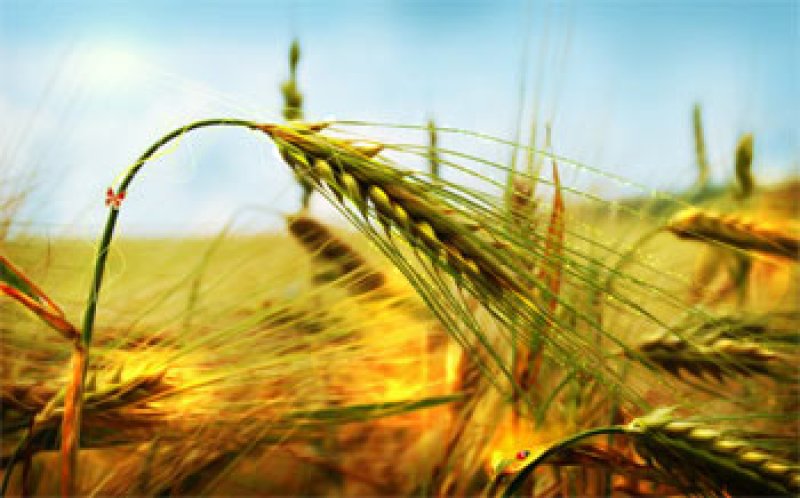Some of the anti-glutenists argue that we haven’t eaten wheat for long enough to adapt to it as a species.
Most of these assertions, however, are contradicted by significant evidence, and distract us from our actual problem: an immune system that has become overly sensitive.
For Dr. Bana Jabri, director of research at the University of Chicago Celiac Disease Center, it’s the genetics of celiac disease that contradict the argument that wheat is intrinsically toxic.
A few years ago, Jabri and the population geneticist Luis B. Barreiro found that celiac-associated genes were abundant in the Middle Eastern populations whose ancestors first domesticated wheat. People who had them had some advantage compared with those who didn’t.
Genes associated with autoimmune disorders, which amp up aspects of the immune response, helped people survive, thinks Barreiro. In essence, humanity’s growing filth selected for genes that increase the risk of autoimmune disease, because those genes helped defend against deadly pathogens. Our own pestilence has shaped our genome.
We’re more sensitive to pollens (hay fever), our own microbes (inflammatory bowel disease) and our own tissues (multiple sclerosis).
Perhaps the sugary, greasy Western diet — increasingly recognized as pro-inflammatory — is partly responsible. Maybe shifts in our intestinal microbial communities, driven by antibiotics and hygiene, have contributed. Whatever the eventual answer, just-so stories about what we evolved eating, and what that means, blind us to this bigger, and really much more worrisome, problem: The modern immune system appears to have gone on the fritz.
Maybe we should stop asking what’s wrong with wheat, and begin asking what’s wrong with us.
The GLP aggregated and excerpted this blog/article to reflect the diversity of news, opinion and analysis. Read full, original post: The Myth of Big, Bad Gluten































